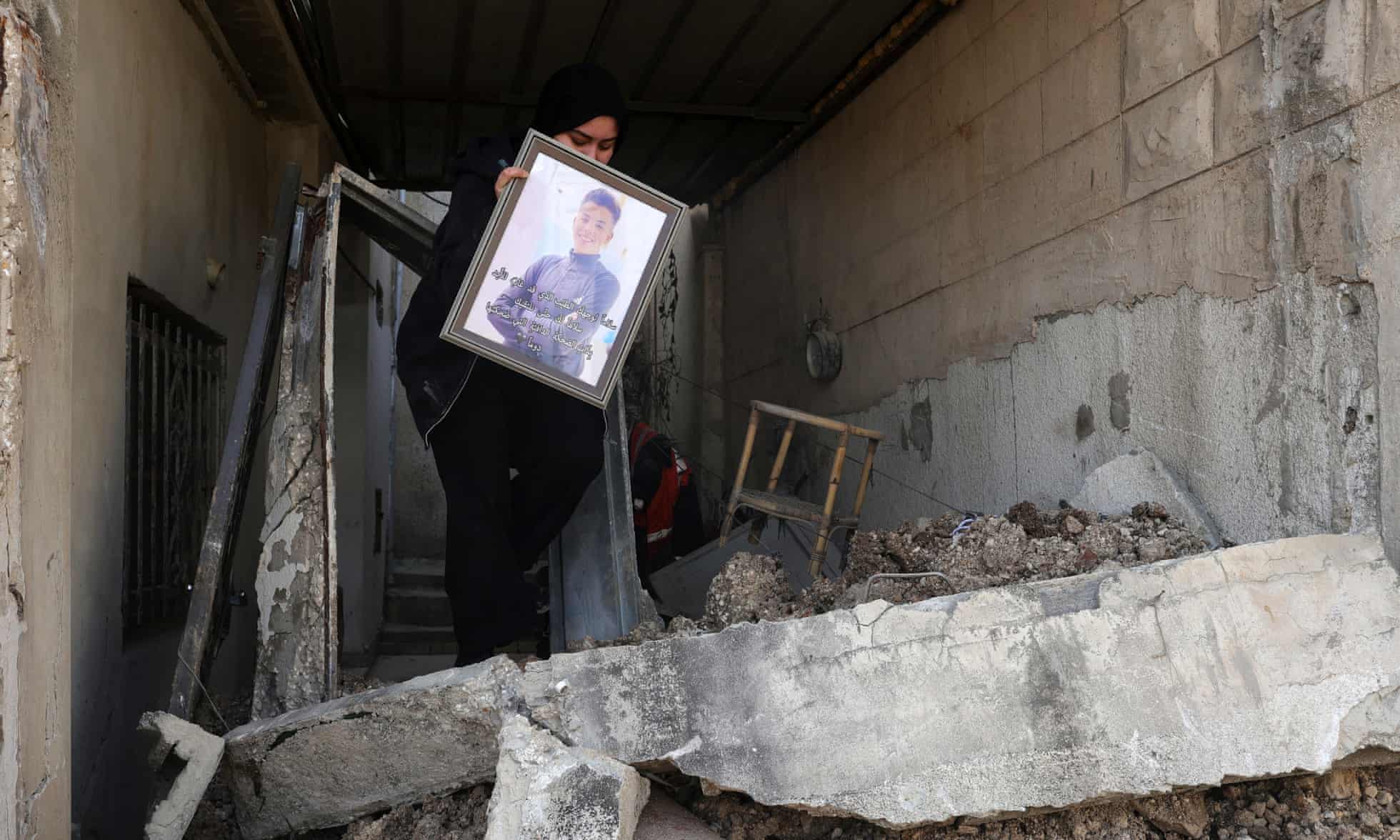 The horrendous attacks on Paris have an eerie resemblance to the events of Sept. 11, 2001, in that they seem to have caught everyone off guard.
The horrendous attacks on Paris have an eerie resemblance to the events of Sept. 11, 2001, in that they seem to have caught everyone off guard.
Until perhaps Friday, the main perception among Western intelligence agencies and Washington policymakers has been that Islamic State poses “no immediate threat” to the United States or the West.
“Unlike Al Qaeda, ISIS is more interested in establishing a Caliphate and not so interested in attacking the West,” a retired CIA officer explained during a closed meeting at one of Washington’s think tanks. He was echoing a common sentiment, and insisted that “Al Qaeda remains the main threat.” Even U.S. President Barack Obama recently said with confidence that Islamic State was being “contained.”
But we cannot forget that Islamic State came to the world stage barely over a year ago, when it took Mosul and subsequently one third of Iraq as well as one third of Syria in a matter of weeks. Some of the terror group’s major advances on the ground took mere hours, advances that Obama later said will take years to roll back.
I remember covering the war at that time from Damascus, Syria, and later from Beirut, where I kept in constant communication via the Internet with the Syrian rebels and civilians who had suddenly found themselves under Islamic State rule in the eastern Syrian province of Deir al Zor. During those first few days, many went underground, not sure what to do about their new, brutal occupier, who proceeded to slaughter more than 700 men from the Arab Sunni Muslim tribe of Shueitat because the tribe did not pledge allegiance to Islamic State. The militant group commanded all men of fighting age in Deir Al Zor to report to Islamic State checkpoints, surrender weapons, and either pledge allegiance to Islamic State or leave the territory immediately.





 Amid the immense confusion surrounding the US strikes on Venezuela, the seizure of the president, Nicolás...
Amid the immense confusion surrounding the US strikes on Venezuela, the seizure of the president, Nicolás... On Monday, August 6, 1945, after six months of intense firebombing of 67 other Japanese cities,...
On Monday, August 6, 1945, after six months of intense firebombing of 67 other Japanese cities,... Later this month, on the holiday of Purim, Jewish people will dress in silly costumes, eat...
Later this month, on the holiday of Purim, Jewish people will dress in silly costumes, eat...






























